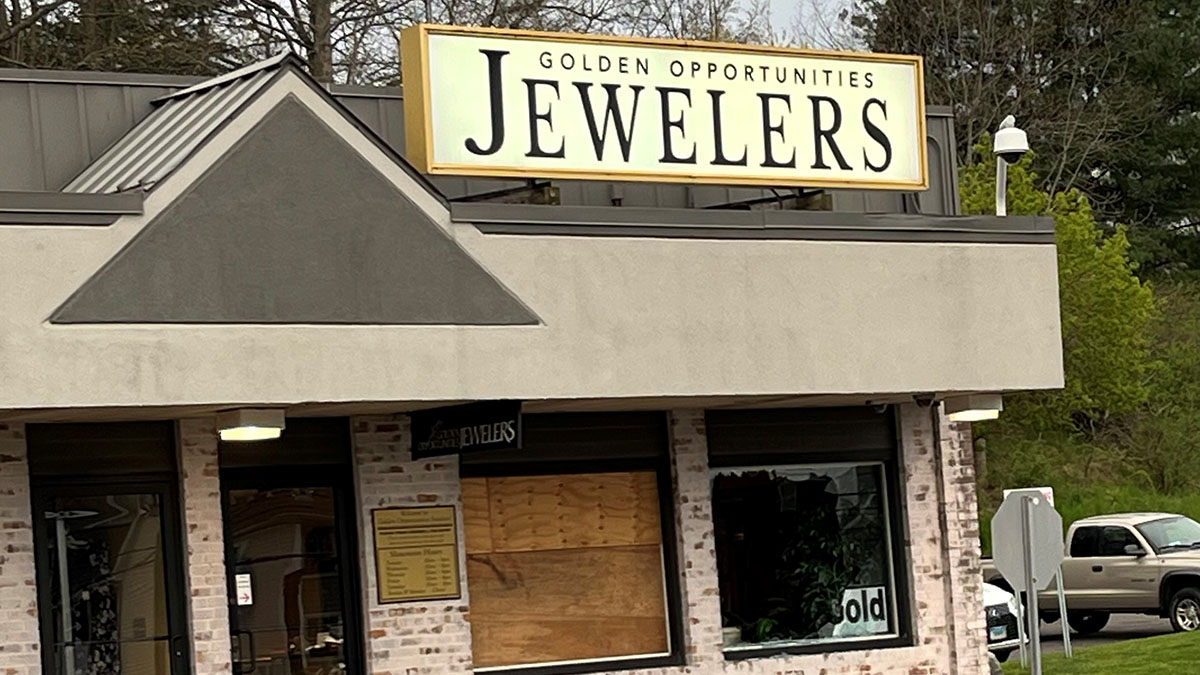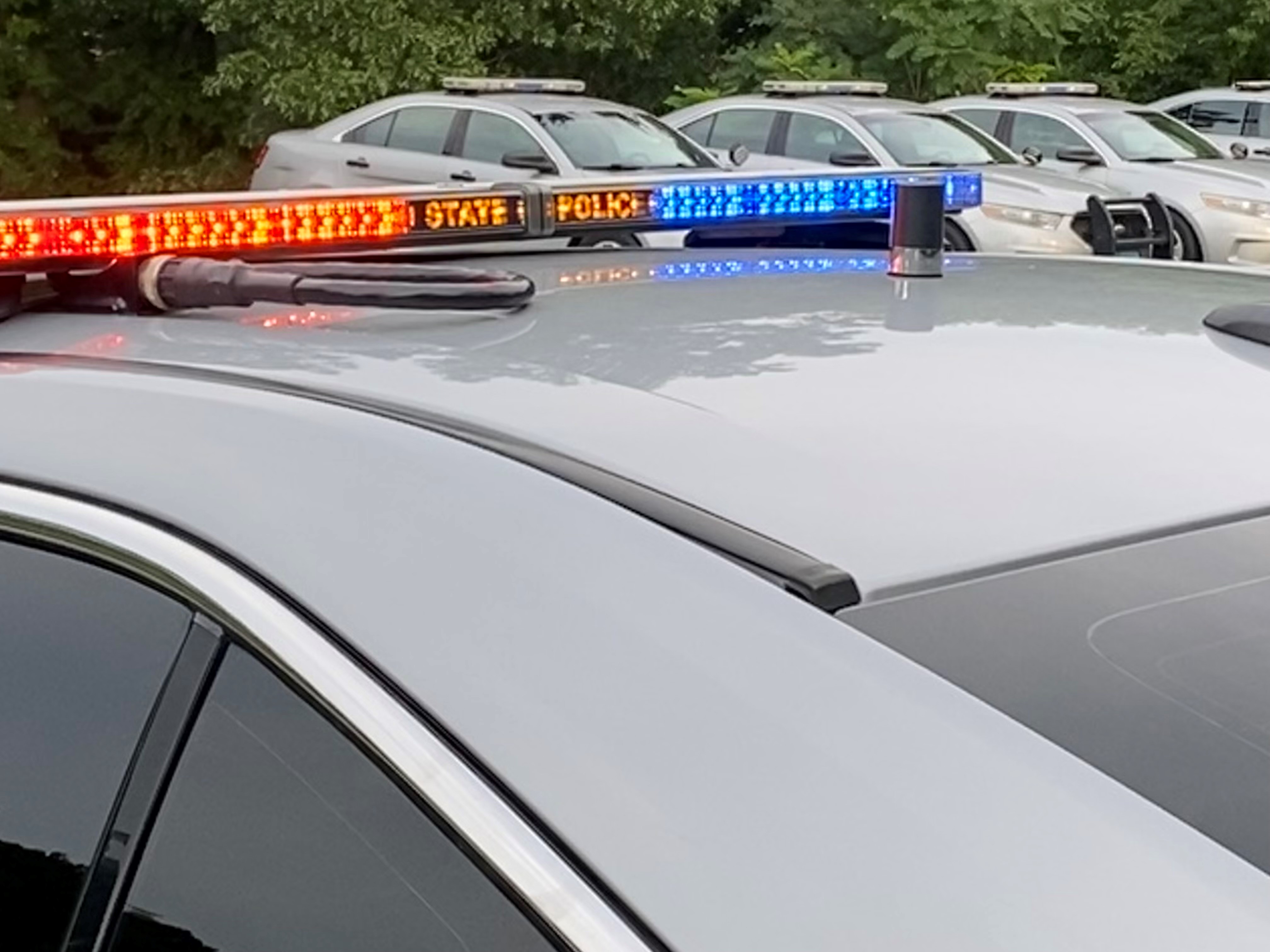Small businesses like restaurants, beauty salons, and many others have been taking it on the chin in this coronavirus crisis. That's why a large portion of the stimulus bill working through Congress is for them.
A 2016 study by the JP Morgan Chase Institute said half of all of small businesses have cash reserves that can hold them over for only about a month.
This has made it easier to understand why the federal government is rushing to loan them money to keep small businesses, and their employees afloat.
When it comes to small businesses, the biggest thing in the coronavirus stimulus bill for them has been cash. It has appeared there is anywhere from $350 billion to $500 billion earmarked for small businesses in this legislation, and possibly even more. It depends on what version of the bill gets agreed upon.
Part of the debate in Washington about the small business portion of the coronavirus stimulus bill has centered upon not just how much money will be given to them, but for how long. Some versions of the legislation have called for two months worth of help, and some businesses are advocating for as long as four months.
While the coronavirus stimulus bill has called for financial assistance for small businesses, it remains to be seen what form that assistance will take. Some have advocated for strictly low interest loans. Others have preferred grants. Others have preferred a combination of the two.
A big emphasis of the small business stimulus has been to keep employees on the job. One concept that has been floated has been either forgiving the loans, or making them grants if a small business owner keeps its employees on the payroll for the duration of this coronavirus crisis.

The State of Connecticut has also taken steps to assist small businesses. It has set up a small business phone line for owners to call with questions. It has also asked the U.S. Small Business Administration (SBA) to expedite approval of $2 million worth of disaster loans due to the coronavirus crisis. It has also extended deadlines for tax filings and payments.
Local
Small businesses are also looking for others kinds of help when it comes to the SBA, in the form of deferred loan payments, or combining loan packages from the agency.
The SBA also shared some other initiatives it has undertaken to help small businesses in the coronavirus crisis, aside from the stimulus package going through Congress:
- The SBA is offering low-interest federal disaster loans for working capital to small businesses nationwide suffering substantial economic injury as a result of the Coronavirus (COVID19).
- SBA’s Economic Injury Disaster Loans offer up to $2 million in assistance and can provide vital economic support to small businesses to help overcome the temporary loss of revenue they are experiencing
- These loans may be used to pay fixed debts, payroll, accounts payable and other bills that can’t be paid because of the disaster’s impact. The interest rate is 3.75% for small businesses. The interest rate for non-profits is 2.75%.
- SBA offers loans with long-term repayments in order to keep payments affordable, up to a maximum of 30 years. Terms are determined on a case-by-case basis, based upon each borrower’s ability to repay.
For additional information, visit SBA.gov/disaster



